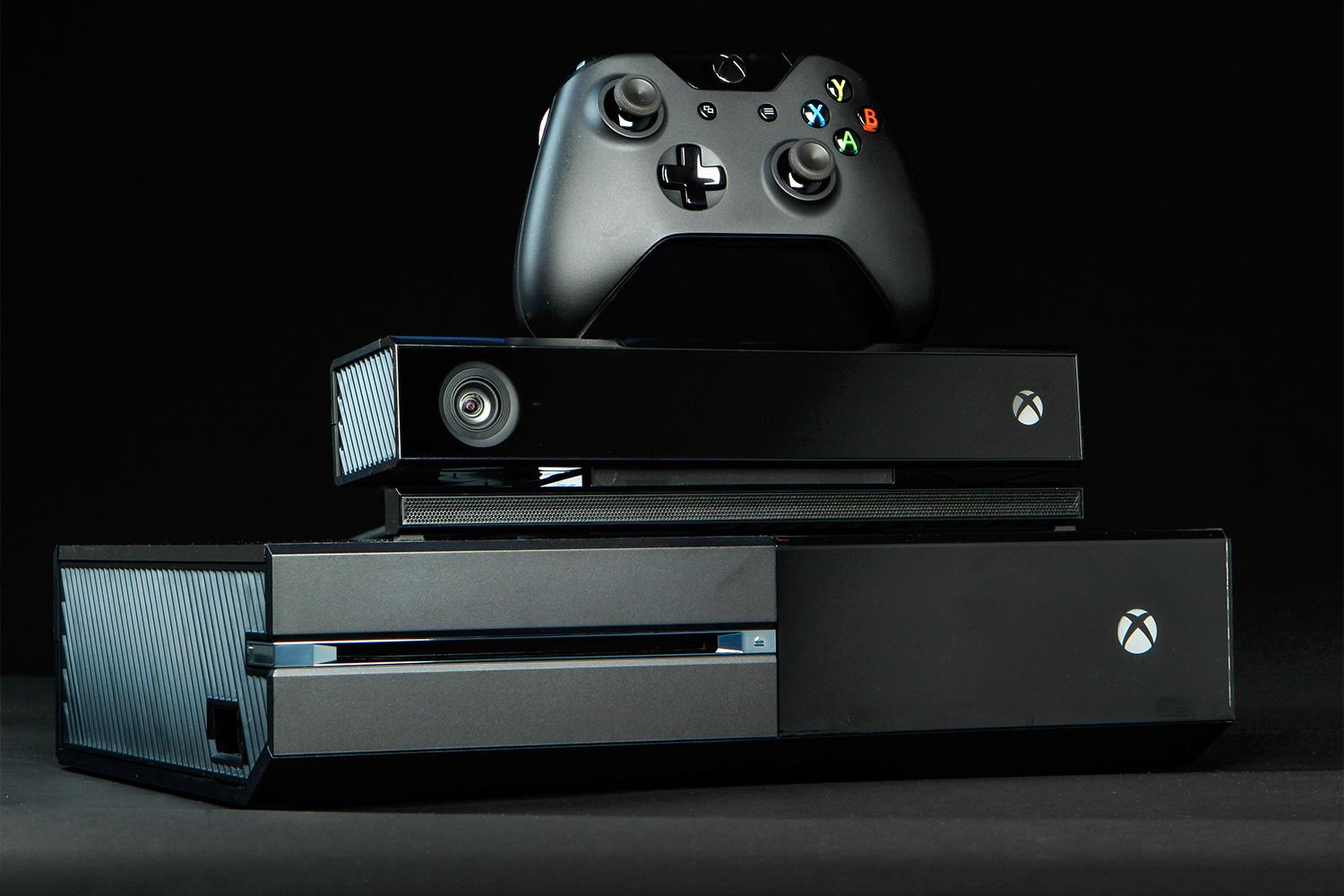Soll man privates DNS aktivieren?
Should private DNS be off or automatic?
Important: By default, your phone uses Private DNS with all networks that can use Private DNS. We recommend keeping Private DNS turned on. To turn Private DNS on or off, or change its settings: Open your phone's Settings app.
How do I enable private DNS?
Android 9 Pie or later
- Go to Settings > Network & internet.
- Select Advanced > Private DNS.
- Select the Private DNS provider hostname option.
- Enter one. one. one. one or 1dot1dot1dot1.cloudflare-dns.com and press Save.
What does private DNS mean on my phone?
Private DNS is a secure medium of browsing, enables extensive access to a blocked website, and prevent internet threat. In this article, you'll find all the necessary details about private DNS, its meaning and how you can easily configure it on your device.
How do I find my private DNS hostname?
First, go to Settings->Network & Internet->Advanced. In there, you will see an option for Private DNS, which should be Off by default. Switch it from Off to "Private DNS provider hostname" and specify the DNS provider you want to use.
Can private DNS be hacked?
DNS servers are a vital part of internet infrastructure, but they can be manipulated by hackers to redirect you to corrupted websites or steal your private data.
Do I need private DNS on my phone?
The DNS system provides a domain name to IP address mapping for devices connected to the Internet, and it is crucial to the working of the Internet. Usually you don't need to worry about it as your are automatically assigned the address of the DNS server by your ISP and Home router.
Is private DNS same as VPN?
Online protection: A Smart DNS doesn't protect your online activities. On the other hand, a VPN uses encryptions and ensures a secure connection over the internet. A VPN takes care of your online privacy and security. Speed: unlike a VPN, a Smart DNS doesn't have encryption overheads.
Can a DNS server spy on you?
DNS over HTTPS means ISPs can't spy on their users
Put simply: the lack of DNS encryption is convenient for ISPs. ISPs sometimes find it useful to monitor their customers' Internet traffic. For example, queries to malware-associated domains can be a signal that a customer's computer is infected with malware.
What can someone do with my DNS?
A local DNS attack installs malware on the website user's computer. The malware, usually a trojan malware disguised as legitimate software, gives the cyber thieves access to users' network systems, enabling them to steal data and change DNS settings to direct the users to malicious websites.
Do hackers use DNS?
Domain Name Server Hijacking.
Also referred to as DNS redirection, the process is utilized by hackers to alter the resolution of a Domain Name System (DNS), using malware that ensures the authentic server is modified to not comply with the set internet standards. DNS-based attacks have been on a high over the years.
Can I be hacked by a DNS server?
A DNS name server is a highly sensitive infrastructure which requires strong security measures, as it can be hijacked and used by hackers to mount DDoS attacks on others: Watch for resolvers on your network — unneeded DNS resolvers should be shut down.
How do you know if you have been DNS hijacked?
Common signs that you've been DNS hijacked include web pages that load slowly, frequent pop-up ads on websites where there's normally none, and pop-ups that tell you your computer has been infected with malware.
Can a DNS server track you?
DNS (Domain Name System) records can track the user through the web and help to collect the "profile of his/her interests", states Mr. Herrmann.
Can someone hack you through DNS?
A DNS name server is a highly sensitive infrastructure which requires strong security measures, as it can be hijacked and used by hackers to mount DDoS attacks on others: Watch for resolvers on your network — unneeded DNS resolvers should be shut down.
How would a hacker do DNS hijacking?
Local DNS hijack
Attackers start by installing malware on a user's computer. The attacker can then change your DNS settings and redirect you to malicious websites, usually to steal your personal data.
What is DNS abuse?
What is DNS Abuse? DNS abuse is defined as being "composed of five broad categories of harmful activity insofar as they intersect with the DNS: malware, botnets, phishing, pharming, and spam when spam serves as a delivery mechanism for those other forms of DNS abuse."
How do I know if my DNS is poisoned?
So how do you detect a DNS cache poisoning attack? Monitor your DNS servers for indicators of possible attacks. Humans don't have the computing power to keep up with the amount of DNS requests you will need to monitor. Apply data security analytics to your DNS monitoring to discern normal DNS behavior from attacks.

